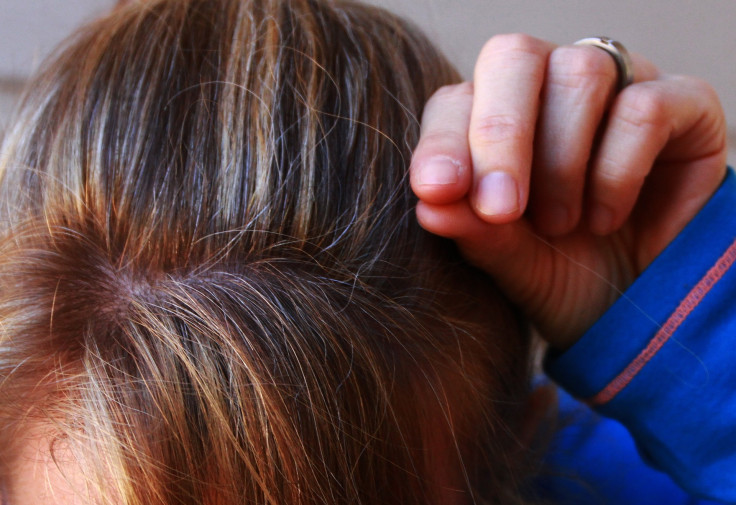High Stress Hormone Levels In Hair Could Predict Heart Disease, Study Finds
Experiencing the occasional bad hair day, chipped nails, or chapped skin is a common occurrence that doesn't typically warrant a call to the doctor. However, the phenomena could also be trying to convey a serious indication about your underlying health issues.
Believe it or not, a new study has linked the appearance of hair to a possible cardiac event. It said stress hormones in our hair can predict the likelihood of suffering a heart attack or stroke, and the probability rises to over three times as likely in those aged 57 or younger, according to Wales Online.
The Dutch research team, which conducted the study, looked at long-term levels of scalp hair cortisol and its inactive form, hair cortisone, to determine if they could be used as markers to indicate the presence or severity of stress in individuals.
These hormones have been associated with the regulation of fat distribution in the body. However, there is limited and inconclusive evidence regarding their specific impact on the development of cardiovascular disease.
The research is set to be presented at the European Congress on Obesity (ECO) in Dublin, Ireland, according to News-Medical. The publication of its findings in a peer-reviewed journal will happen thereafter.
As part of the study, researchers analyzed data from cortisol and cortisone levels in over 6,000 hair samples obtained from adult men and women, who participated in the multi-generational study called Lifelines. The Lifelines study included a large cohort of over 167,000 participants residing in the northern regions of the Netherlands, according to Wales Online.
Hair samples from study participants were analyzed, and a follow-up analysis spanning five to seven years was meant to investigate the long-term association between cortisol and cortisone levels and cardiovascular diseases. At least 133 cardiovascular events occurred during the study period.
Individuals with elevated levels of cortisol and cortisone were at a two-fold increased risk of experiencing a cardiovascular event in their lifetime, which was even higher for individuals aged 57 or younger. However, for those aged 57 and older, there was not a strong link observed between hair cortisone and cortisol levels and cardiovascular disease.
Study author Professor Elisabeth van Rossum of Erasmus University Medical Center in Rotterdam said researchers hope hair analysis could potentially serve as a test to aid clinicians in identifying individuals at high risk of cardiovascular disease to come up with a new treatment approach in the future.
"Our hope is that hair analysis may ultimately prove useful as a test that can help clinicians determine which individuals might be at high risk of developing cardiovascular disease. Then, perhaps in the future targeting the effects of stress hormones in the body could become a new treatment target," said Study author Professor Rossum.




























